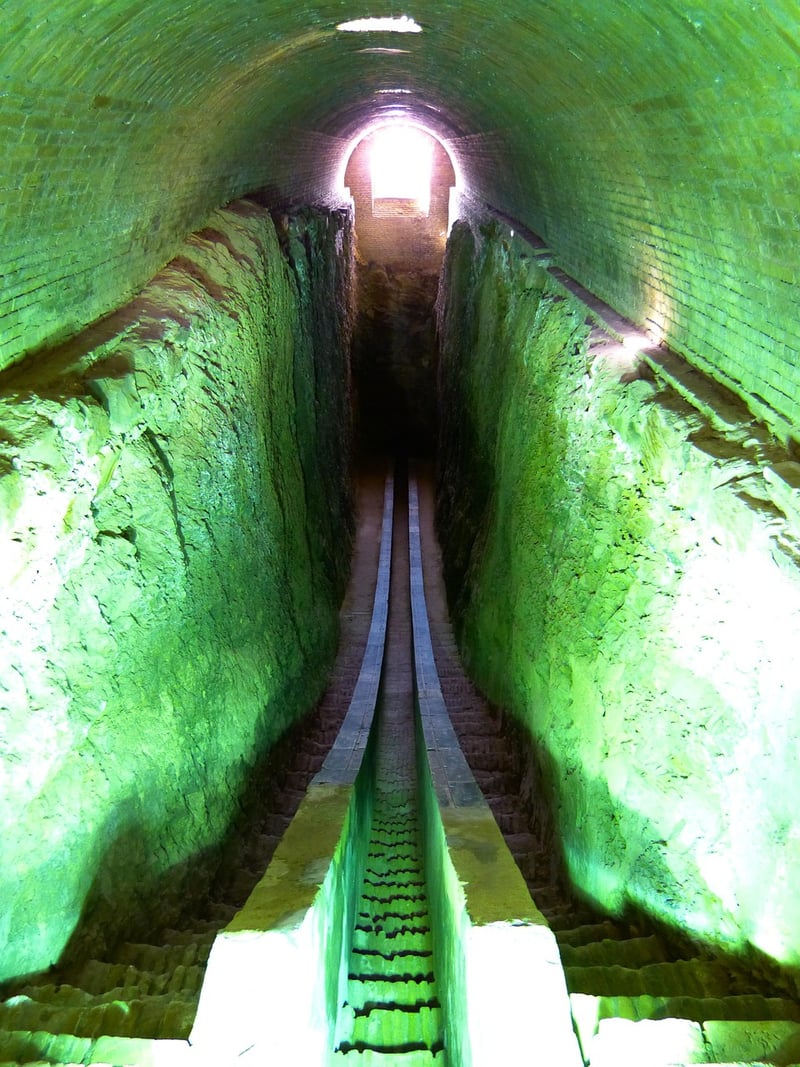Ancient Astronomers
Journey Through Time and Space with Ancient Astronomers

Embark on a captivating journey through time and space as we explore the fascinating world of ancient astronomers. These early stargazers looked up at the night sky with wonder and curiosity, seeking to unravel the mysteries of the cosmos.
Ancient Astronomers and Their Discoveries
Ancient civilizations such as the Babylonians, Egyptians, Greeks, and Mayans made significant contributions to the field of astronomy. They observed the movements of celestial bodies, developed calendars, and even built structures like Stonehenge to track the passage of time and the changing seasons.
The Legacy of Ptolemy
One of the most influential ancient astronomers was Claudius Ptolemy, a Greek mathematician and astronomer who lived in the 2nd century AD. Ptolemy's work on the geocentric model of the universe dominated Western astronomical thought for over a thousand years.
The Astronomical Wisdom of the Maya
The Maya civilization in Mesoamerica had a deep understanding of astronomy and developed a complex calendar system based on the movements of the Sun, Moon, and planets. Their astronomical achievements included predicting eclipses and tracking the cycles of Venus.
Unveiling the Secrets of the Stars
By studying the stars, ancient astronomers were able to navigate the seas, predict seasonal changes, and mark significant events such as solstices and equinoxes. Their observations laid the foundation for modern astronomy and our understanding of the universe.
Join the Cosmic Journey
Step back in time and explore the wonders of the cosmos through the eyes of ancient astronomers. Their legacy lives on in the stars above and the knowledge they passed down through the ages.
Embark on your own celestial adventure and discover the beauty and mystery of the universe that has captivated humankind for millennia.
Let the wisdom of ancient astronomers guide you on a journey through time and space, where the stars hold the secrets of our past and the promise of our future.
